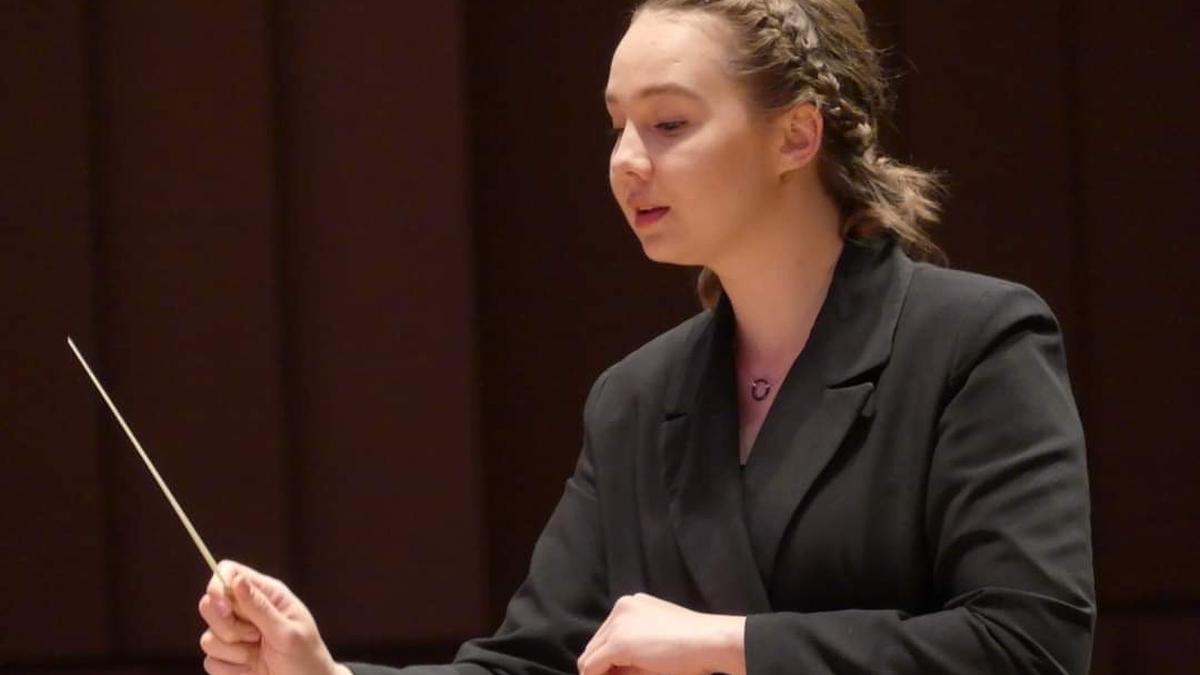
‘Classical music has survived war, the pandemic and a lot more’
The Hindu
In an interview with The Hindu, Poplawska shared her unique journey from Kazakhstan to Poland and eventually to India, where she joined the SOI at the National Centre for the Performing Arts (NCPA) as an assistant conductor before taking centrestage.
Barbara Poplawska, a 29-year-old conductor from the Symphony Orchestra of India (SOI), recently visited Bengaluru, bringing her passion for Western classical music to the city that has embraced diverse musical traditions. The group presented A Classical Christmas featuring many typical season’s delights including Corelli’s Christmas Concerto, Tchaikovsky’s The Nutcracker Suite, Strauss’s iconic The Blue Danube, besides the traditional Christmas carols.
In an interview with The Hindu, Poplawska shared her unique journey from Kazakhstan to Poland and eventually to India, where she joined the SOI at the National Centre for the Performing Arts (NCPA) as an assistant conductor before taking centrestage.
Poplawska speaks fondly of the enthusiastic reception she has experienced from Indian audiences, noting their warmth and responsiveness compared to their European counterparts. She also highlighted the importance of nurturing young audiences’ connection to music.
Despite challenges like acoustics and limited freedom to experiment, she praised the resilience and adaptability of orchestras, citing their survival through wars and pandemics. Looking to the future, Poplawska remains optimistic about the growth of Western classical music in India and across the world. She believes in the transformative magic of orchestras and the importance of preserving their rich legacy while embracing new artistic expressions.

A training session on environmental monitoring of paddy fields was conducted for the farmers of Thenpathu village near Manur in Tirunelveli district recently. The benefits of using lesser amounts of pesticides, the need to protect crops from the onslaught of insects and worms, and the importance of producing non-toxic food items were highlighted in the training.










